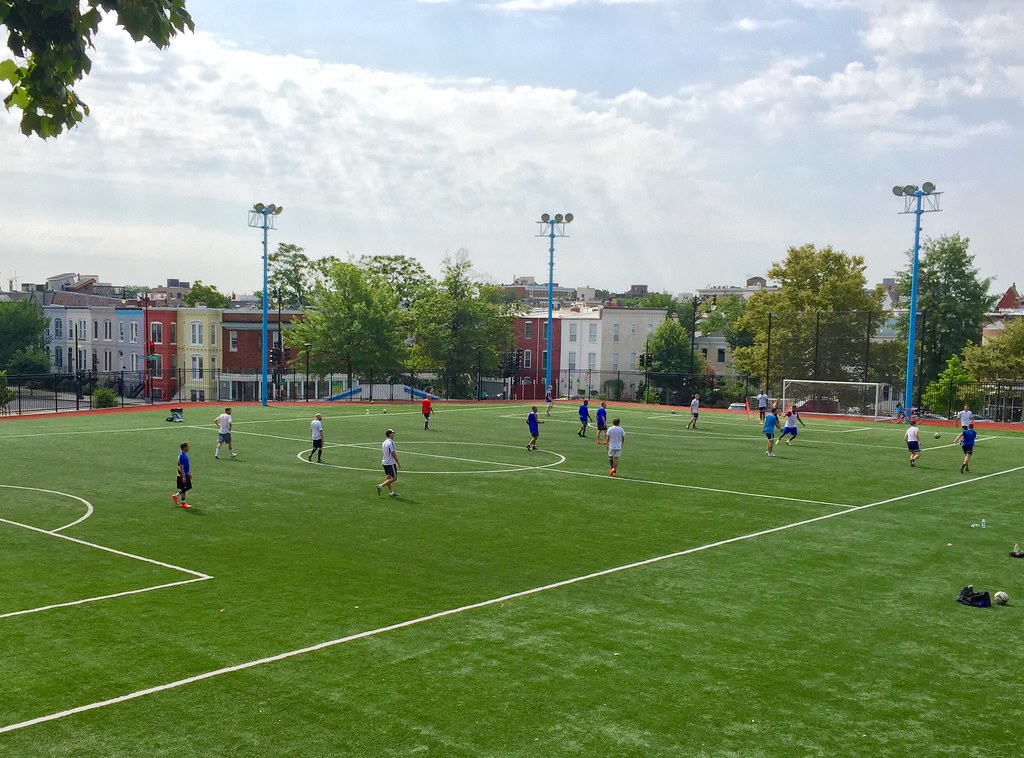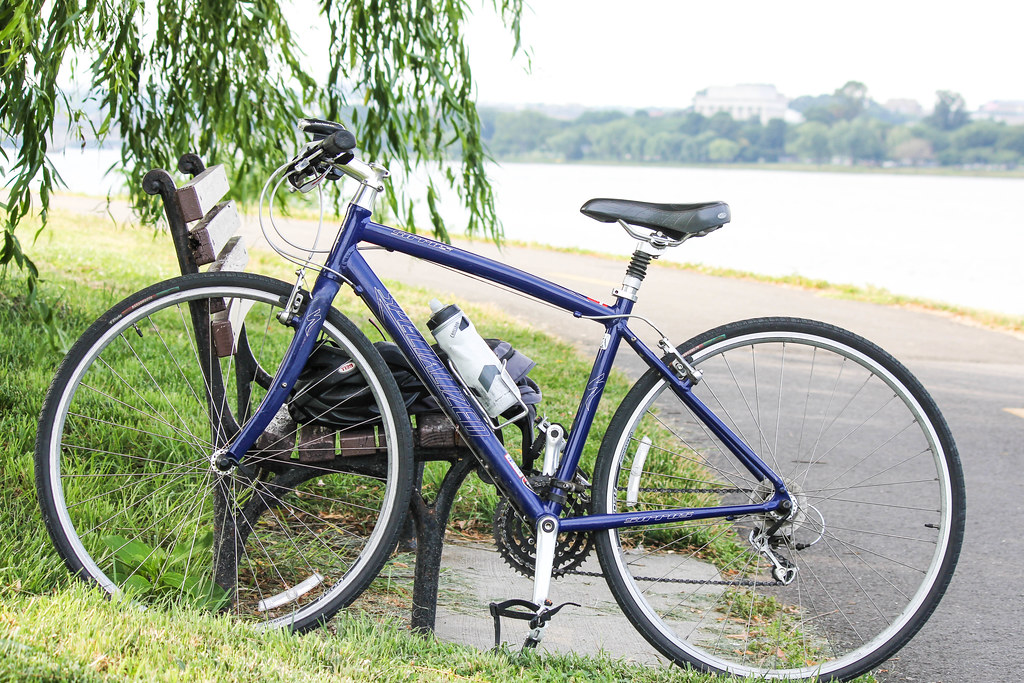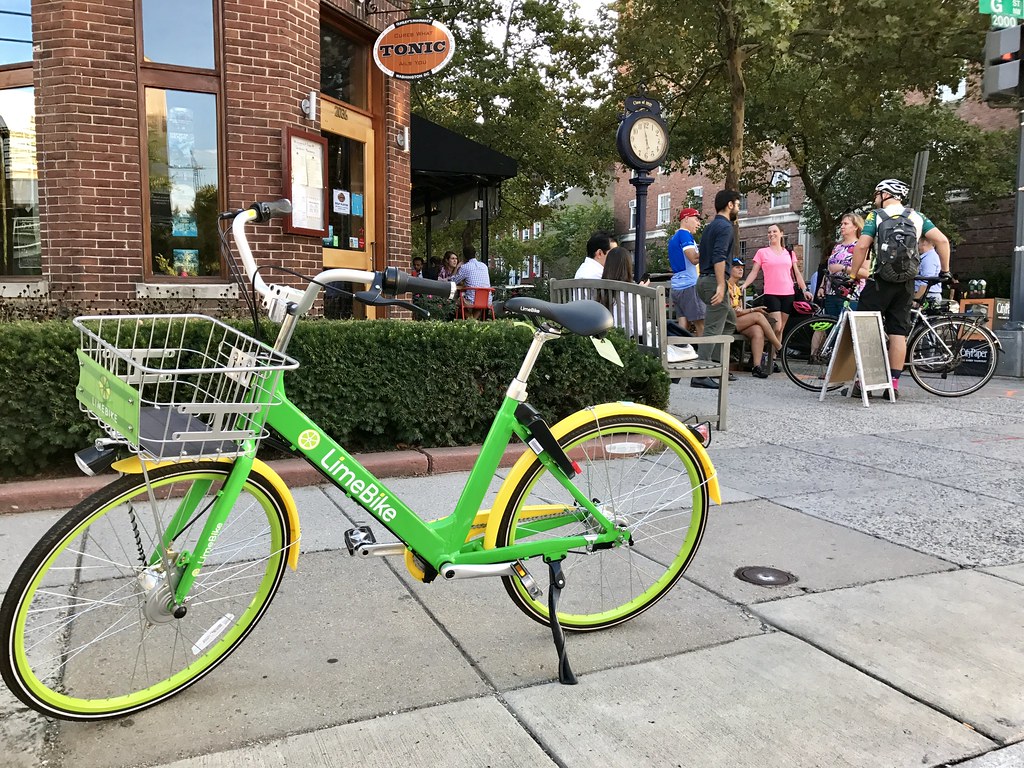Wearing a Premier League jersey turned into a way to tell your friends that you were sophisticated, curious and sometimes drunk in the morning.
That’s me!
The Club tells the story of how the English Premier League transformed a grim, violent, working-class sport into a slick, family-friendly TV spectacle seen around the world.
The EPL was formed in 1992, motivated equally by greed and duress. English soccer was a primitive backwater in a modern nation, a holdover to when football matches were semi-organized riots between neighboring villages.
And it was deadly, with Victorian-era parks stuffed to capacity and beyond. After the 1989 Hillsborough disaster, in which 96 Liverpool fans were crushed to death in overcrowded stands, the Taylor Report mandated comprehensive changes, including replacing standing terraces with all-seater stadiums.
This meant fewer tickets sold and financial distress for clubs. Out of desperation, the top teams in the country broke away from the existing league to form the English Premier League.
Making a fortune off television rights for a sport rarely broadcast seemed unlikely. Yet, the big clubs – Manchester United, Liverpool, Chelsea – had inspiration from across the pond, where the NFL sold their rights for billions of dollars.
The league was born. And once it was seen around the world, it was flooded with cash. Every plutocrat wanted an EPL team for his portfolio. It was a way to show that they were not just about the money.
Unlike the NFL, there are no guarantees. Spend as much as you want on your team! But if you don’t win enough games, you could be relegated. The three lowest teams get bounced down to the lower division.
Filled with wild dreams and outsized personalities, The Club is, at its core, about money. An infusion of international cash saved the game and broadcast it to the world, where it is now seen more than ever, including by me at home (or in a bar) in Washington, DC.
One of the last chapters in the book is about the deal where NBC Sports bought the rights to the EPL in America. NBC does the coverage perfectly. Show lots of games on lots of channels, including free ones. Use English commentators with just enough American flavor to remind you that you’re in the States. And reach out with local fan fests and social media.
I love watching the English Premier League for the reasons described in the book – it’s international, the games are exciting and they’re 90 minutes long. Plus, the concept of relegation means that no games are meaningless.
It’s hard for me not to contrast the league I grew up with – the NFL – and the one the I’ve adopted – the EPL. The NFL has grown incomprehensible, even for Americans. What is a catch? What is a football move? You’ll get a dozen answers to these questions.
Also, in light of what we know now about concussions, watching the NFL gives me an uneasy feeling, as if I’m seeing men damage their brains for our entertainment.
And why can’t we get rid of a team like the Washington Redskins? Mediocre, with a racist name and an evil owner, they persist in a league without the gift of relegation. America claims to be capitalist but no team is ever allowed to fail in the NFL.
I’ll watch men chase a ball around a field instead, tuning in on Saturday and Sunday mornings to listen to English accents wax poetic over the beautiful game. Maybe I’ll do so over a pint. More likely, a cup of coffee. Give me the swashbuckling drama of The Club.



